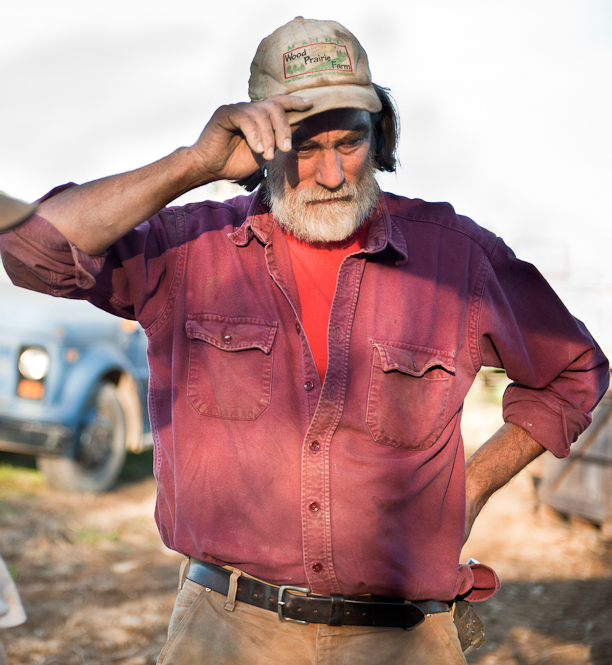A group of Maine farmers that challenged Monsanto’s patents on genetically-modified seeds is appealing their case to the U.S. Supreme Court after a lower court ruled against them in June.
The Maine-based Organic Seed Growers and Trade Association has been joined in their case by a group of 73 organic and conventional family farmers, seed businesses and public advocacy groups, including the Maine Organic Farmers and Gardeners Association in Unity and Fedco Seeds in Clinton.
The Maine plaintiffs initially went up against Monsanto in March 2011, filing what they said was a “pre-emptive” lawsuit against the biotech giant.
They said they wanted to protect themselves from any patent infringement lawsuits brought by Monsanto should the farmers’ fields ever become “contaminated” with the company’s genetically engineered, patented seed.
On June 10, the Court of Appeals for the Federal Circuit in Washington, D.C., sided with Monsanto.
“The Court of Appeals ruled that we did have standing, contradicting the lower court judge,” said Jim Gerritsen, a potato-seed farmer from Bridgewater who is president of the Organic Seed Growers group.
“But the mistake they made was they said that the assurances provided to the farmers by Monsanto’s lawyers in court were sufficient to protect the farmers, and in that way made moot our lawsuit, and we disagree. The only protection that we get from the Court of Appeals is if our contamination level is trace, which they defined as 1 percent.”
Monsanto said in a statement Thursday that the farmers have no reason for concern, Reuters reported.
“The District Court ruled and Court of Appeals affirmed that there was no controversy between the parties,” the company said in a statement. “There is neither a history of behavior nor a reasonable likelihood that Monsanto will pursue patent infringement against farmers who have no interest in using the company’s patented seed products.”
But Gerritsen said the farmers groups are skeptical of the company’s assurances. By taking the case to the Supreme Court, he said, what the farmers are really asking for is the right to go to court to argue the case in full.
“The Court of Appeals agreed that we have standing, and then they took that away by saying that we should believe Monsanto’s assurances, and we don’t believe Monsanto,” Gerritsen said. “We feel that we have a strong case that Monsanto’s genetically engineered seed patents are invalid, and we are prepared to prove that in court.”
Gerritsen acknowledged that the odds of the case reaching the nation’s highest court are slim.
Every year the Supreme Court is asked to hear about 8,000 cases, he said, but they only accept a few.
“Statistically, it’s something like a 1 percent chance, but the cases that they do accept are ones that are important in terms of public policy,” he said.
“What they are looking at is cases that make clear areas of the law. And we think the situation is so egregious that it has tremendous merit. We wouldn’t have filed if we didn’t think the Supreme Court would take a serious look at it.”
Staff Writer Meredith Goad can be contacted at 791-6332 or at:
mgoad@pressherald.com
Send questions/comments to the editors.




Comments are no longer available on this story